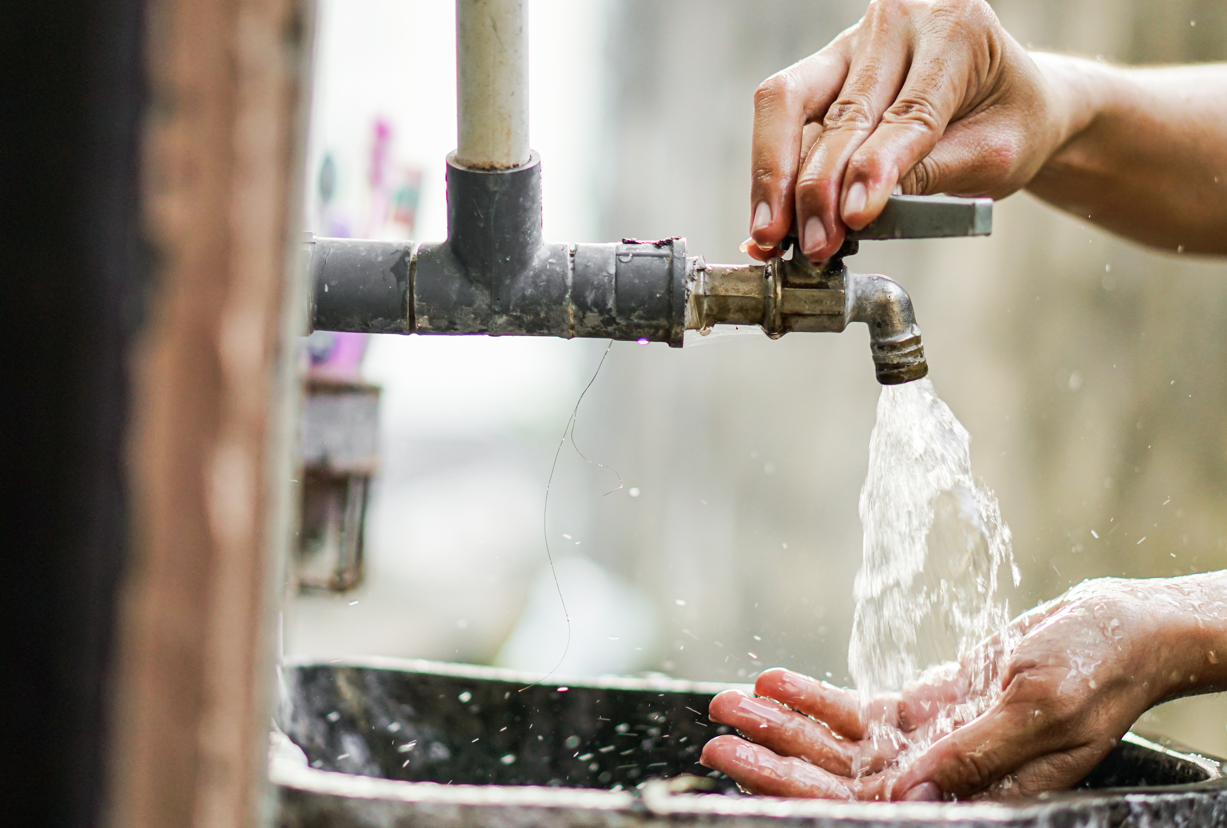Here’s another puzzler that I came across while researching bearded dragon drinking water needs.
Do you need to use a product like ReptiSafe or AquaSafe on your tap water before giving it to your bearded dragon?
For me, it was one of those things that was so inexpensive it wasn’t high on my research list. I got enough ReptiSafe in a free sample to last me two months, after all. I didn’t start digging into it until I wanted to determine if it was okay to use AquaSafe with a beardie because I got a good deal on several bottles.
That’s when I found a ton of people on various forums still recommending the old “put tap water in a gallon jug and let it sit overnight” method. It didn’t sit right with me.
Yeah, I know that chlorine evaporates very readily. But that’s only one chemical that could be in your tap water, and there are others that water conditioning products also deal with — like heavy metals and dissolved impurities.
Most importantly, AquaSafe and ReptiSafe neutralize chloramine. Chloramine is used by water treatment plants specifically because it doesn’t evaporate readily. This gives drinking water longer-lasting bacterial protection — but also makes evaporation a terrible method for reducing the chemical content.
To clarify some key points:
- Chloramine is a chemical combination of chlorine and ammonia.
- Chloramine is just as toxic to reptiles as chlorine.
- Chloramine is used in water treatment facilities because it is resistant to evaporation. This allows it to travel further through a water network while still being disinfected.
- Chloramine takes way, way longer than a couple of days to evaporate out of tap water.
- Chloramine carries less of the chlorine smell that we’re all used to, so even if you let your water sit out overnight and it smells less like chlorine, it could still be loaded with chloramine.
In short, I feel like the couple of bucks it costs to buy Reptisafe or a similar product is well worth it. Evaporation just doesn’t cut it for me.
My sources (ChatGPT) told me that only around 25% of water treatment plants in the United States have switched to using chloramine, so you might get away with the evaporation thing. Still, without a meter to test actual levels, it’s not something I would personally gamble with.
So, next time someone asks about Reptisafe online and someone inevitably chimes in with “Don’t waste your money! Just let your water sit out!” be sure to let them know that their bit of folk wisdom doesn’t necessarily work — and definitely doesn’t work for every water supply.




